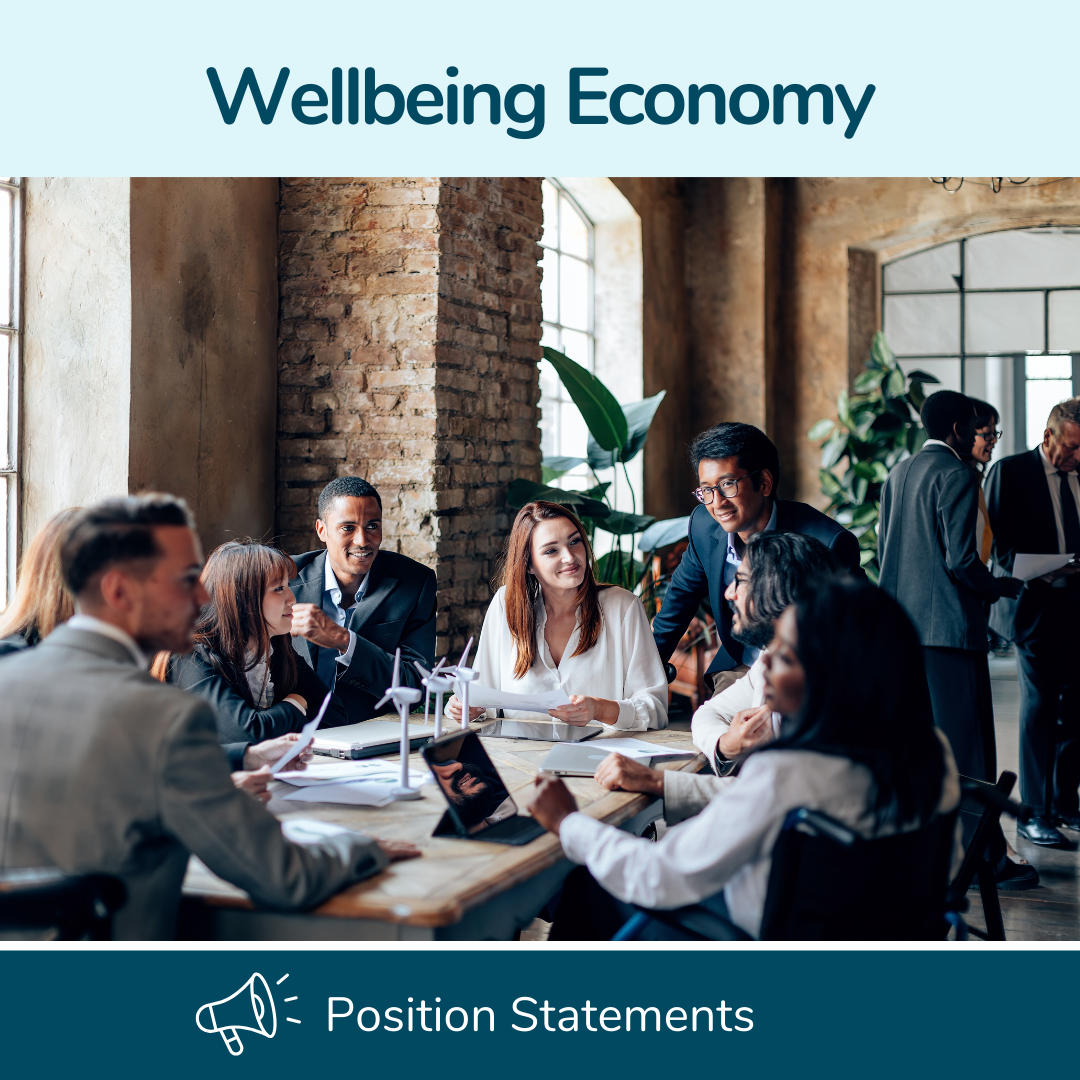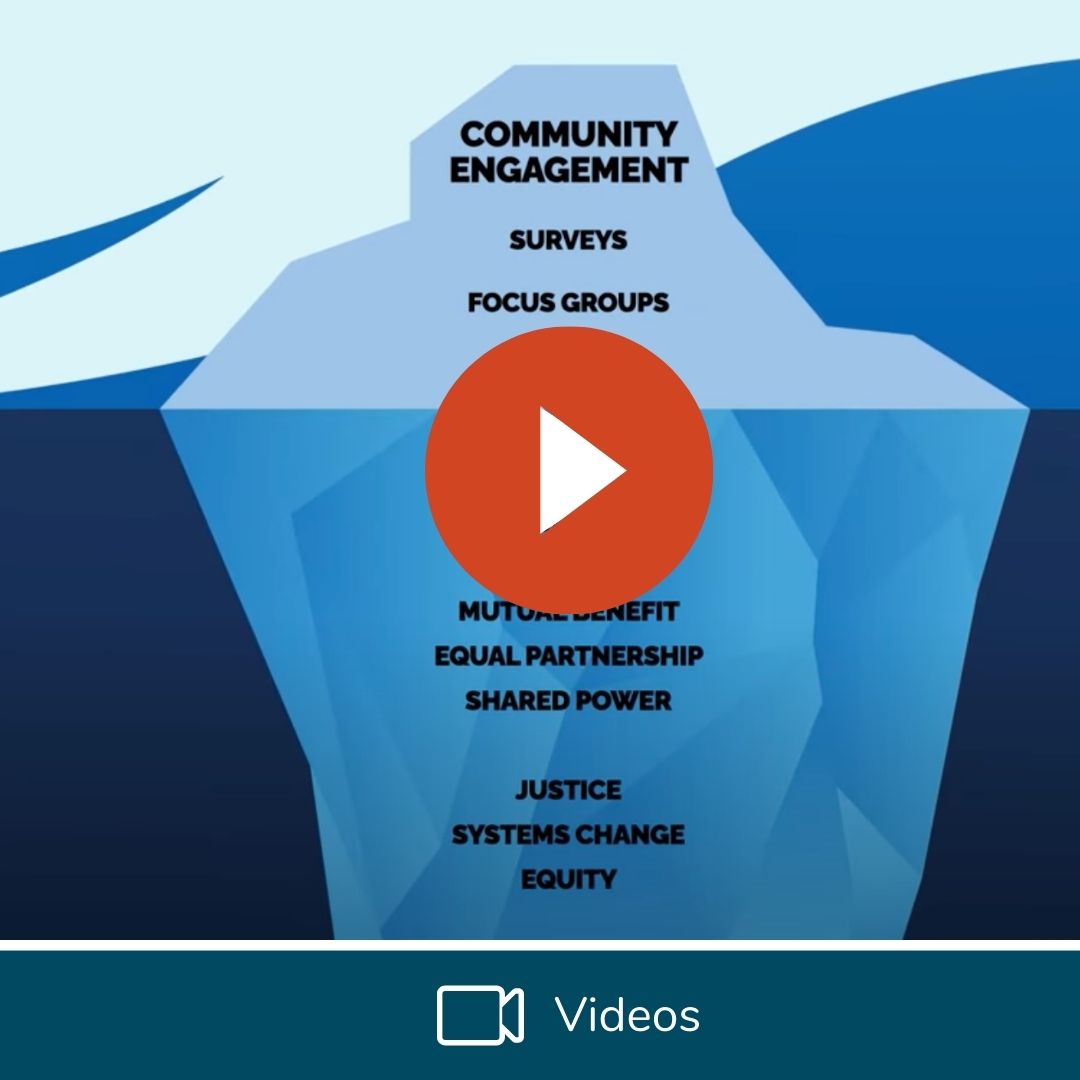What’s at issue?
It’s no revelation that people and communities across the nation have been pulled down by systemic economic inequalities. But, if we turn the lens toward understanding the true cause, we realize that what has been stripped away is not just wealth – it’s wellbeing – and money cannot be a proxy for it.
Are we answering the right questions?
The way our country values people and places relies uniquely on financial capital as the instrument for measure and repair.
- What if that’s not the full picture?
- What if we built an economy based on wellbeing?
- What if equitable opportunity meant opportunity for wellbeing, not just wealth?
These are the questions that will steer us away from inequitable access to wellbeing and steer us toward system changes that provide opportunities and resources for everyone to thrive.
A new economic framework, one that actually manifests in people’s lives, must start with what families and communities have, not just what they need. This new framework must be a shared system encompassing the myriad ways that we create, care for one another, and apply wealth to be individually and collectively whole.
Dollars are HOW we value, but wellbeing is WHAT we value
Financial wealth matters, but it’s not equivalent to wellbeing wealth and we can’t deal with them separately. Wealth involves many forms of capital including social, knowledge, built environment and cultural, in addition to financial capital. They’re all features of a wellbeing economy; one that centers what matters to people and communities, and creates value for the common good.
A path toward change
Policy fixes that index only to dollars will never be truly reparative or healing. We can transform our policies and practices to build a wellbeing economy by:
- Challenging the harmful mindset that money is the only measure of value and success in our society.
- Recognizing and celebrating the diverse forms of community assets that exist.
- Demanding and designing more equitable access to wellbeing for everyone.
Getting there, together
A wellbeing economy is not a luxury. It’s a necessity. It is not something that we achieve once and for all, but something that we cultivate every day through our choices, habits, and actions. It is not something that we can do alone, but something that we co-create with others through our relationships, communities, and society as a whole.



